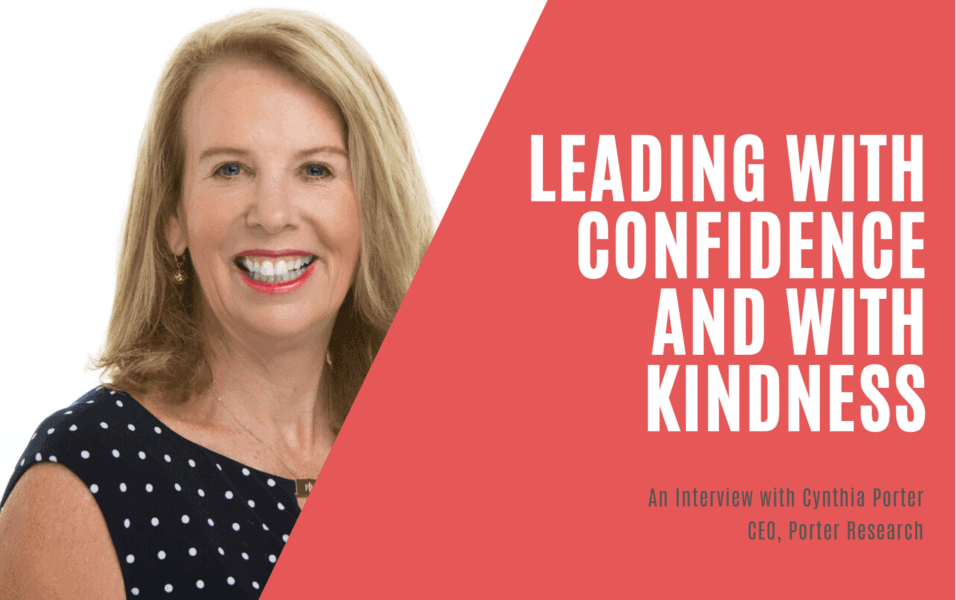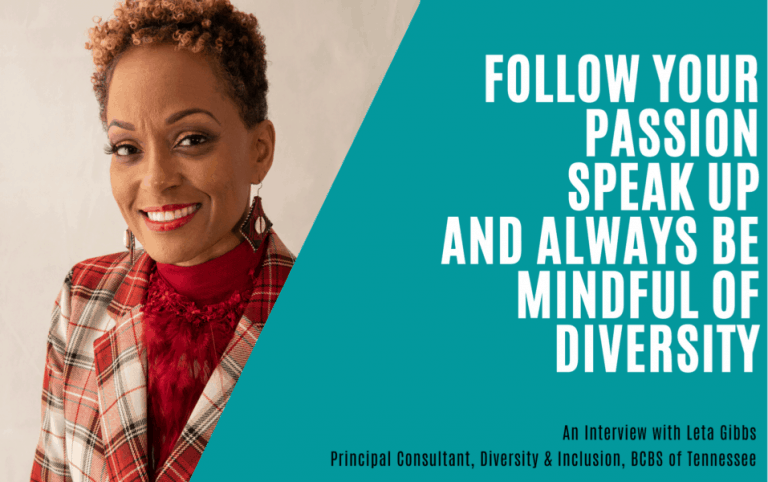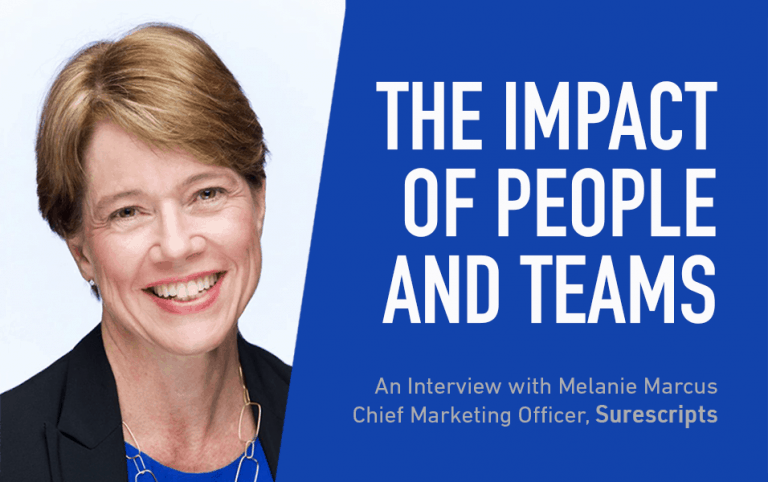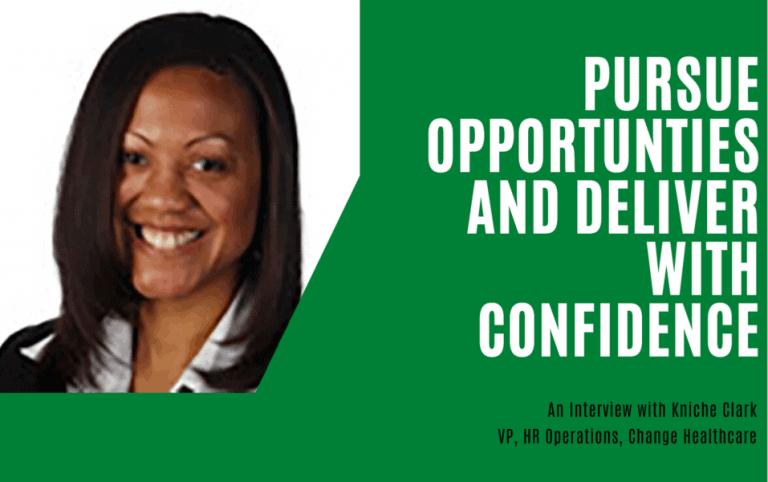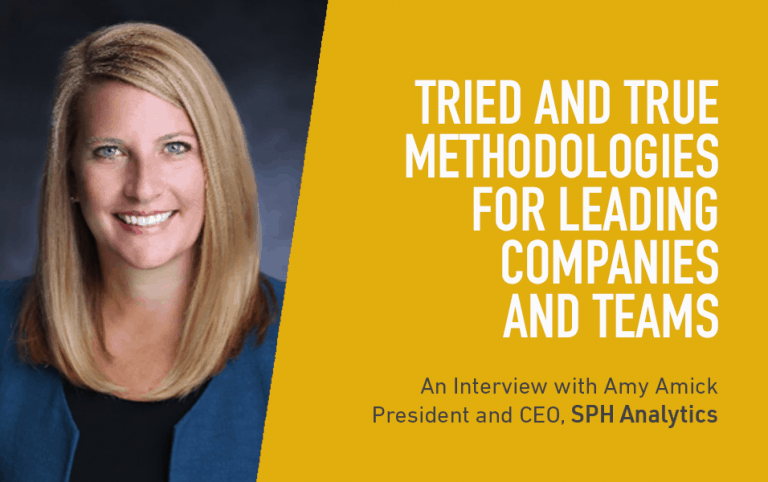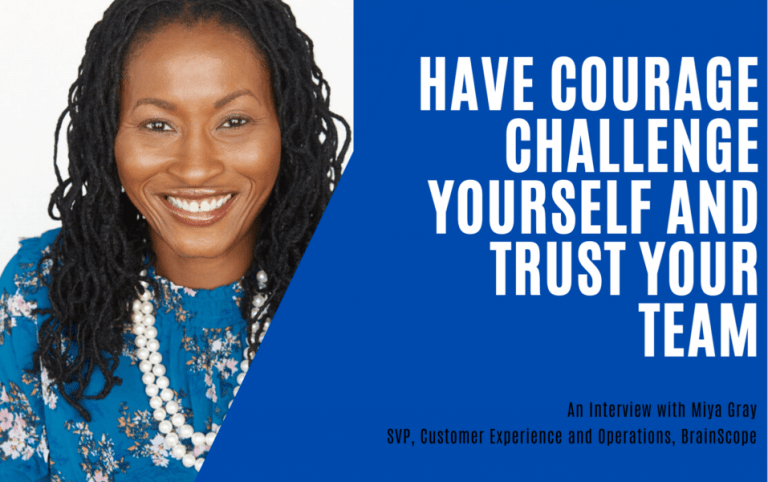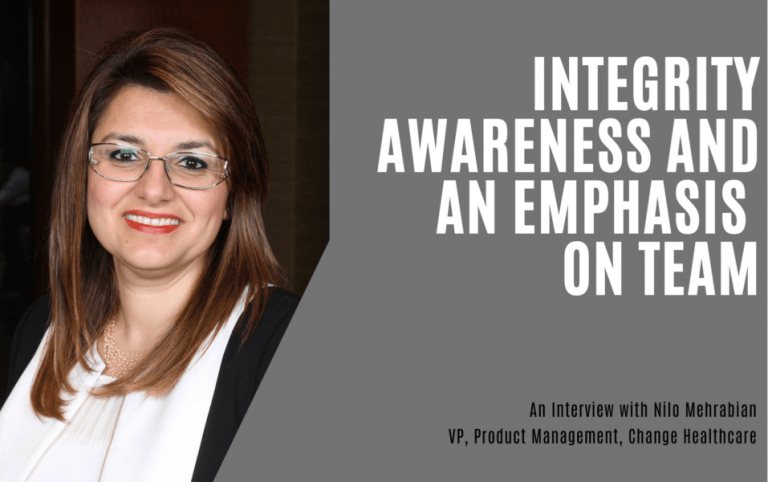Leading with Confidence and with Kindness
Leading with Confidence and with Kindness
An Interview with Cynthia Porter, CEO, Porter Research
I was honored to speak with Cynthia Porter, CEO of Porter Research, about her leadership journey. Cynthia paved the way for many female executives in healthcare IT; here she shares her experiences with building her skillset to become CEO, lessons she has learned along the way, and how her own experience as a patient underscored the importance of her work. (5 min read)
Tells us about your career path and what led you to where you are today at Porter Research?
At Porter Research we develop and execute market research programs and create strategies using market intelligence. I started my career with HBOC, which then became part of McKesson, and is now part of Change Healthcare. I started as a sales rep – this was the time during the Equal Opportunity rules where public companies had to have at least one woman in certain positions to meet government mandates. I actually became the number one sales rep for two years and then I left that high-paying sales job to go into marketing because I wanted experience in as many areas as possible inside the company.
Before McKesson I was in both sales and marketing for Abbott Laboratories, as well as at Xerox. They paid for me to get my MBA, which I earned in Marketing and Finance. I always wanted to have my own company one day, so that finance component was really important to me. When I was in marketing, I realized that they don’t always know what they need to prepare for sales. But they know how to build all the tools and content, so that was a great experience to get that expertise.
You had several different types of roles within healthcare before you started your own company; were you deliberate about pursuing those roles or did it happen by chance?
I was always thinking in the back of my mind what I would do – I felt like I was creating this company with each role I pursued. By the time I was ready, I had a good base of knowledge and strong connections. I also had a good pulse on the issues in the market. But anyone who starts their own company, as you know, has to be willing to take some risks. An area where I have seen leaders making mistakes is not having faith in your abilities. You can’t be afraid to trust your gut instinct if you really believe in what you’re doing. It’s okay to only listen to yourself sometimes and follow that internal compass. I was also young enough, and smart enough, that I knew I could get another job if I failed. (laughs)
What’s one of the biggest lessons that you learned from taking that risk?
You know, we all fall down at some point, but what really matters is if we pick ourselves up and learn from our mistakes. This is what helps us grow. Failure is natural. That’s why I’m better now, because I learned and restarted, and I know it’s okay to be vulnerable sometimes, which has made me more open-minded and ultimately given me greater confidence.
Are there things that you would share with female leaders specifically that would be different from male leaders?
Yes, I do advise female leaders differently. One big issue is that we don’t always delegate as much as we should. I also encourage women not to dilute their human factor. Women are naturally compassionate and empathetic, and we should use this as a strength. Ivo Nelson wrote this great book called The Love Based Culture – it’s so interesting to me that a man wrote this, especially in our business of healthcare. It talks about how you build this kind of culture, and how authentic business leaders trust their employees to do the right thing. It’s a word that’s okay now to use, but I think women would have used that word more in the past if it seemed more acceptable.
When you look back on some of your first leadership roles, what’s the same and what’s different from how you lead your team today?
When I first started, I tried to focus on routines that led to reward. It was repetition of those routines to build those habits, and I expected others to have these routines as well. I also was very big on just paying my dues and encouraged people to pay their dues, so they didn’t just jump into things.
Today I’m fully confident in my skills and don’t need that same rigor of routine, so that I can pivot easier. It’s not always about the process for me or for others. If it doesn’t go quite as expected, I can always have a fresh start the next day, and the same goes for my team. I don’t want to focus on getting it “right” all the time, but instead focus on all of us getting better at what we do each day.
What were some of your biggest challenges when you decided to do start your own company?
You mean besides not being a technical wiz? (laughs) Well the first thing I had to do with my business model was to find a few great people and pay them well. And any entrepreneur needs to be scrappy, which some may think has a negative connotation, but there’s an elegant way to execute this skill, so I really had to learn how to balance this. I learned to speak up for myself and for my company, but kindly and with confidence.
What rules have you broken that have led to your success?
Not always contacting the person that I was “told” to contact – that’s the first rule I broke. If you don’t do this the right way you can ruin the whole relationship, or in sales, the whole deal. Another one is making friends with clients, but now may of those people are my dear friends – I guess I broke a lot of rules in that area. I feel like I break them all the time! (laughs) I don’t really love the word assertive, but I try to be bold, and people don’t have a problem with that as long as you handle boldness with kindness and confidence.
What are you most optimistic about?
I think that there’s more opportunity for women every day. I love the initiative in California, for example, that every board of a public company must have a woman on the board. I see so much opportunity for my daughter as she advances in her career that women would have never had when I was her age. Look at all the women today in healthcare that are running large to small companies – that excites me.
What do you envision your business legacy to be?
That we advance health care by listening to the market. I meet with clients all the time who tell me, “That study you did for us…we’d never be where we are now if you didn’t help us figure out where our markets would go.” That’s very rewarding and confirms the great work our team is doing.
I also want to be sure we’re emphasizing the role of the patient in healthcare – being a patient myself led me to be more involved. I had a rare sarcoma cancer two and a half years ago, and it was quite an experience. I had to sit back and think about what I learned through that. When I was cancer-free I decided to thank my cancer, both for the things I went through that made me a better person and for showing me where I could really get involved on the business side.
What advice you would give your 16-year-old self, or your 30-year-old self?
Well, at 15 I would tell myself that in order to communicate well with people, you need to look them in the eye. And be interested, be respectful, be involved, and be curious.
For my 30-year-old self, I would share how to have hard conversations as a manager. Learn how to give honest feedback.
What personal Indulgence keeps you balanced?
Walking away from work – I love to travel. I’ve traveled all over the world and when I go, I do not work at all. That is what really gives me my balance.
Coffee or tea?
I’m coffee, but I’m trying to be that relaxed tea person. (laughs)
What do you look forward to every day?
My children’s phone calls and time with them. And having people I truly care about around me that I love, and who love me. There’s that word again.

